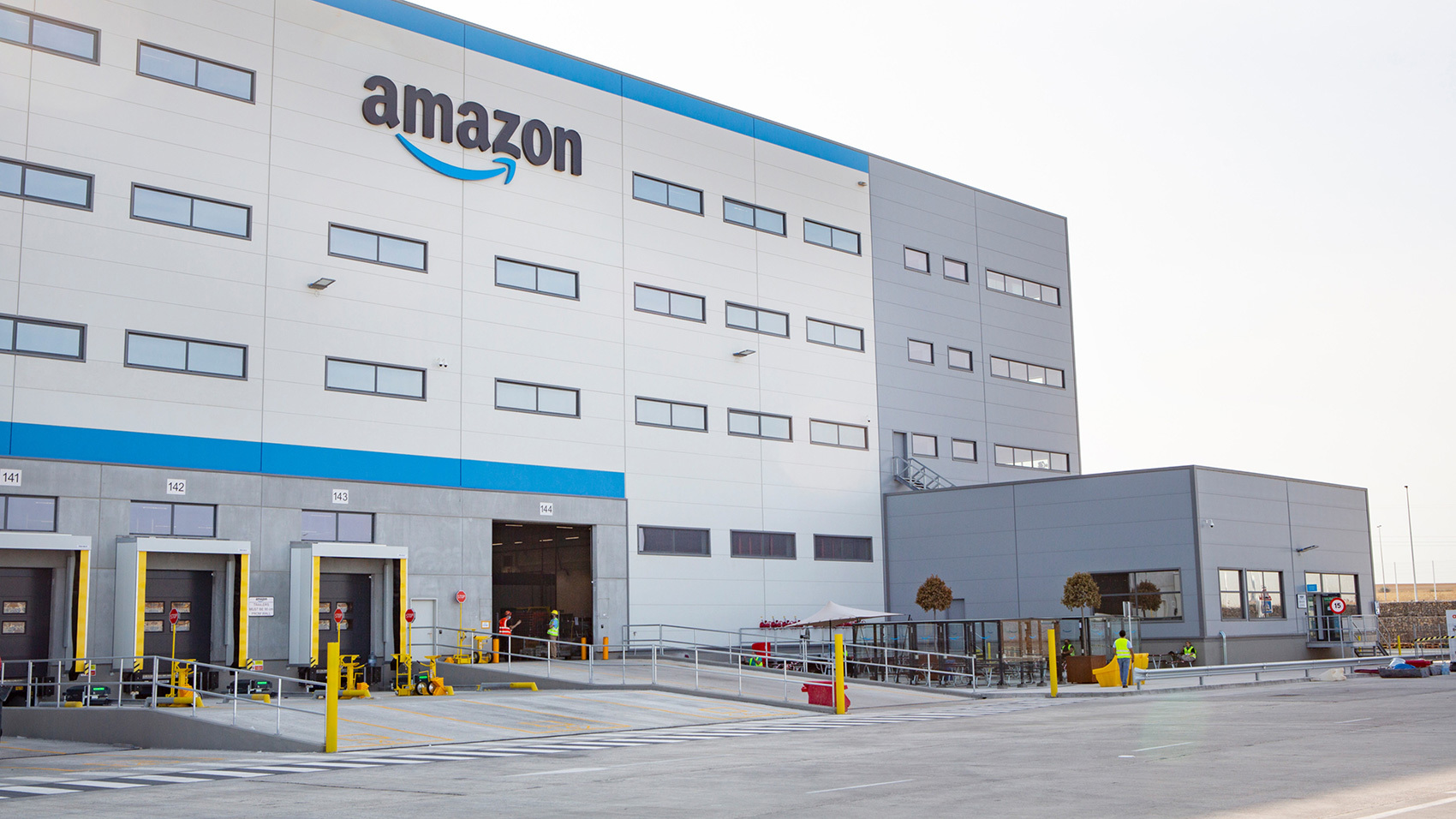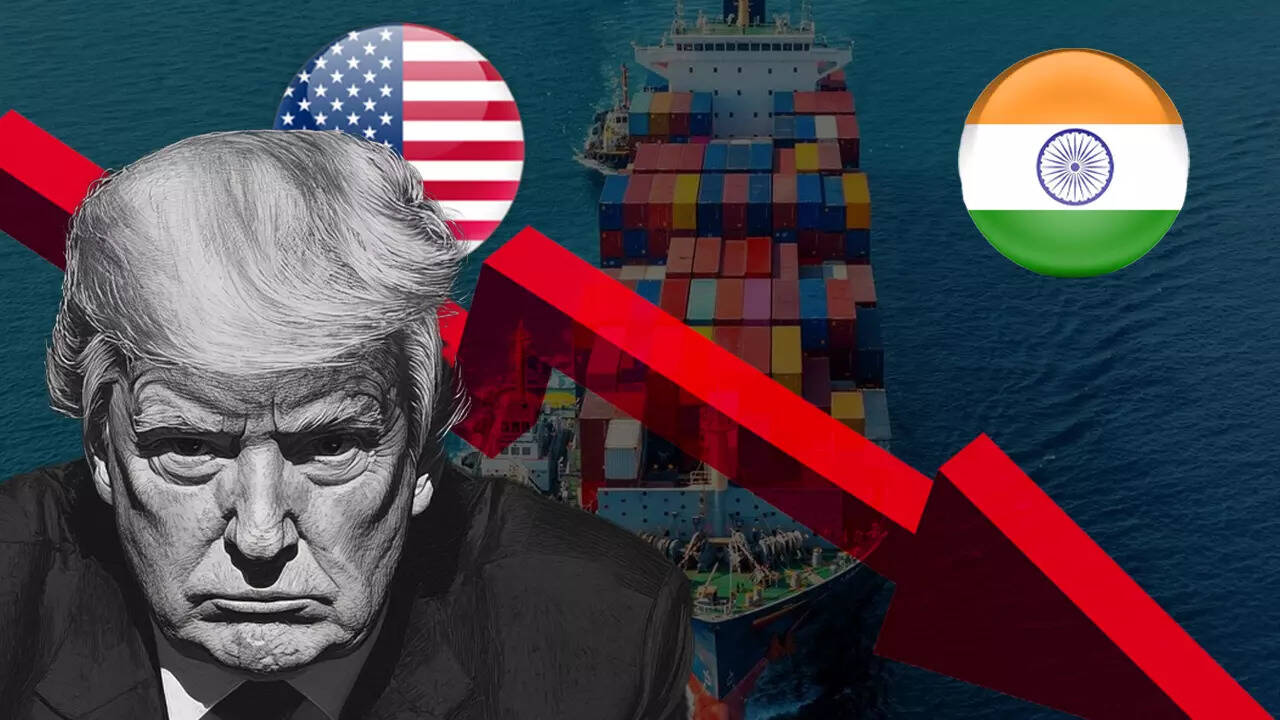Currently,
over 90% of India’s copper needs are met through imports, exposing its manufacturing and energy ambitions to global supply chain disruptions and price volatility.
With rising geopolitical tensions and tightening global supplies, India is actively seeking to build a resilient copper supply chain to safeguard its economic growth.
Key Strategic Moves to Secure Copper Supply
To address this critical dependency, India is taking multi-pronged actions, including:
- Free Trade Agreements (FTAs) with Chile and Peru
Negotiations are underway to secure long-term copper supplies from Chile and Peru, the world’s top copper producers, ensuring lower tariffs and smoother trade flows. - Investments in Overseas Copper Mines
Indian public and private sector companies are exploring stakes in foreign copper mines to secure backward integration and reduce import risks. - Engagement with Global Miners
India is in discussions with global mining giants to establish long-term supply agreements and potential joint ventures, ensuring consistent and reliable copper inflows. - Policy Support for Domestic Recycling
Efforts to enhance copper recycling within India are gaining momentum to reduce dependency while promoting circular economy principles.
Why This Matters for India’s Supply Chain Leaders
Copper is indispensable in the transition to a green economy, with applications across EV charging infrastructure, solar panels, wind turbines, and advanced manufacturing. Supply chain leaders in India must strategically map copper dependencies within their operations and evaluate sourcing diversification to mitigate risks.
The Indian government’s proactive measures could:
✅ Stabilize input costs for manufacturers.
✅ Enhance supply predictability amid geopolitical uncertainties.
✅ Support India’s energy transition and manufacturing growth.
The Road Ahead
While these steps are promising, execution speed will determine their effectiveness. Close collaboration between the government, mining firms, and downstream industries will be critical to:
- Monitor price and supply trends.
- Invest in copper recycling and substitution technologies.
- Build strategic stockpiles for critical sectors.
As India moves towards becoming a manufacturing and clean energy powerhouse, ensuring copper supply chain resilience will be central to sustaining growth while reducing external vulnerabilities.
.png)
.png)







